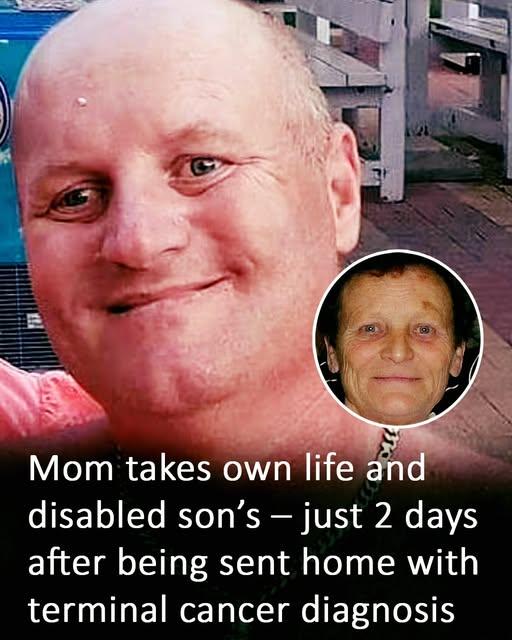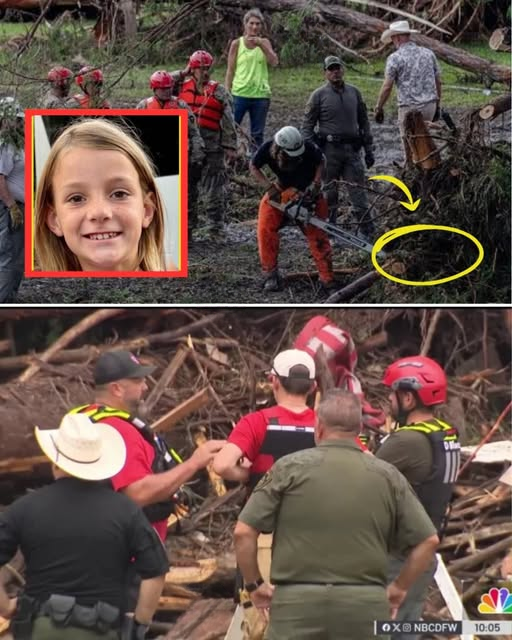She Was Fighting for Her Life. And for His. Until No One Was Left to Hear Her Cry.
At first glance, Shirley Nunn’s house looked like any other in the quiet neighborhood—curtains drawn, lights dimmed, and the faint hum of a television echoing in the background. But when police stepped inside on that grim October evening, they uncovered a reality far more devastating than anyone could have imagined.

Shirley, terminally ill and visibly deteriorating, was found dead. Beside her was her son, Steven—severely disabled and utterly dependent on her for every basic need. Two lives extinguished. One tragedy no one stopped. And a system left scrambling to explain how it let them both down.
A Tidal Wave She Tried to Outrun
It began with a diagnosis: stage three cancer. It spread fast—brain, spine, pelvis—taking more than Shirley’s health. It stole her strength, her hope, and most cruelly, her ability to care for the one person she lived for: Steven.
Steven had suffered a traumatic brain injury at 11, leaving him with cerebral palsy, epilepsy, learning difficulties, and no ability to live independently. After Shirley’s husband died of cancer, she became Steven’s sole lifeline. The state offered some assistance—but not nearly enough.
Through pain, grief, and a body that was failing her, Shirley kept going. Because that’s what caregivers do. Even when their backs are breaking. Even when their minds begin to shatter under the weight of it all.
What the System Missed—and Why It Matters
The warning signs were everywhere.
She was suicidal. She was exhausted. She was asking, quietly, for help. And she wasn’t heard.
A Domestic Homicide Review later confirmed that key services overlooked her worsening condition. Opportunities for intervention—mental health referrals, crisis assessments, temporary care solutions—slipped through the cracks.
“She should never have been left alone in that house with that level of burden,” the report reads. But she was.
Two days after being discharged from the hospital—alone, unwell, and out of time—Shirley made a decision no parent should ever face.
It was the second anniversary of her husband’s death.
When Love Becomes Desperation
What happened in that house wasn’t senseless. It was sorrow made manifest. A mother so devoted, so terrified for her son’s future, that she believed he would suffer more without her than with her.
This wasn’t a breakdown in judgment. It was a breakdown in support.
In a country that claims to champion family values and mental health awareness, how does a woman with terminal cancer and a severely disabled child slip through every safety net?
Conclusion: A Tragedy That Should Never Have Been Hers to Carry
The deaths of Shirley and Steven Nunn are more than a heartbreaking story—they are a mirror held up to a system that asks everything of caregivers and offers far too little in return.
We don’t just need better services—we need earlier interventions, better mental health screening, and real-time crisis support that recognizes when a caregiver is nearing the edge.
Because sometimes, behind closed doors, the strongest among us are the ones suffering in silence. And if we continue to ignore them, more lives will be lost—not just to illness, but to despair.
The question isn’t whether Shirley made a choice. It’s why she believed she had no other one.





